The Effects of Hard Water vs Soft Water On Hair
Published date 06 May 2024
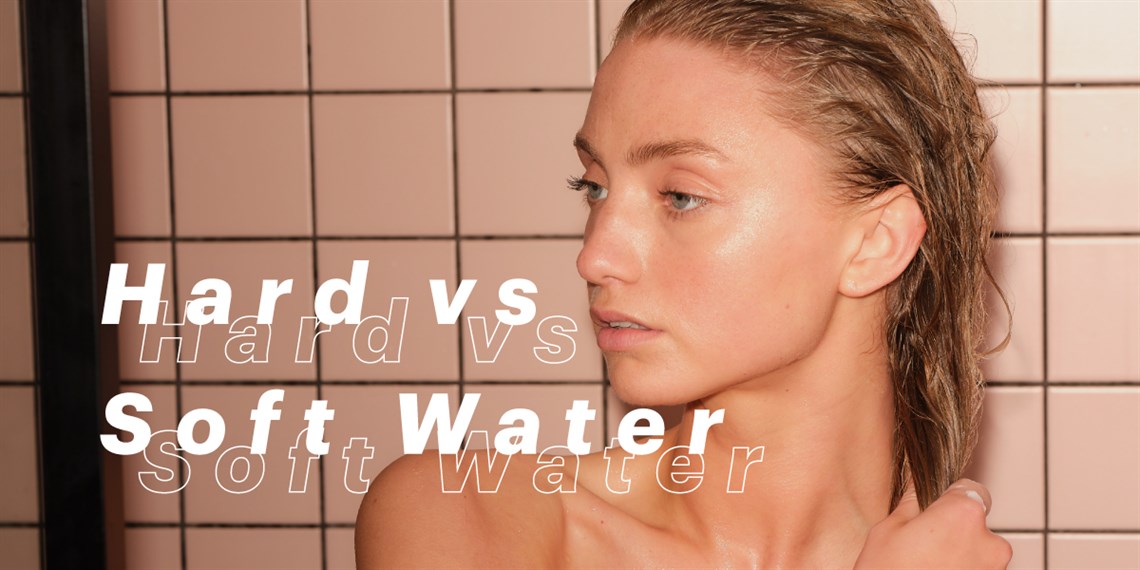
As hair professionals, we know that water quality plays a significant role in the health and appearance of our client's hair. Whether you're a hairstylist or a salon owner, understanding the effects of hard water and soft water is crucial for providing the best possible service to your clients. In this guide, we'll delve into the differences between hard water and soft water and explore how they affect the hair.
What is Hard Water?
Hard water contains primarily calcium and magnesium ions and naturally has a higher pH. Our hair has a pH of 4.5-5.5, meaning that as the pH balance of our hair increases, the shaft of the hair cuticle opens and leads to potential damage. So, how else does hard water affect the hair?
1. Build-up: The minerals in hard water can leave a residue on the hair, causing it to feel heavy, dull, and weighed down affecting the hair's overall health. This build-up can also make the hair more prone to tangling and breakage.
2. Dryness: Hard water can strip the hair of its natural oils, leading to dryness, frizz and overall damage. This can make the hair appear dull and lifeless, and may also trigger issues like split ends and breakage.
3. Faded Colour: Hard water can cause hair colour to fade more quickly due to the stripping of their hair. The minerals in hard water can react with the pigments in hair dye, causing them to become unstable and wash out more easily.
4. Styling Challenges: Styling hair washed in hard water can be more challenging, as the buildup and dryness can make it difficult to achieve desired styles and textures.
We’ve noted the cities in the UK that have the hardest water according to ScaleGuard:
- Bath
- Bristol
- Guildford
- Hemel Hempstead
- Milton Keynes
What is Soft Water?
Soft water, on the other hand, contains low levels of minerals, particularly calcium and magnesium ions. It is often achieved through water-softening systems that remove these minerals. This has the opposite effect of hard water, and offers several benefits for the hair:
1. Cleaner Hair: Soft water rinses away more easily from the hair, leaving it feeling cleaner and lighter. This can help to prevent build-up and keep the hair looking and feeling healthy.
2. Improved Hydration: Soft water is gentler on the hair and scalp, helping to maintain the natural oils that keep the hair hydrated and moisturised. This can result in softer, smoother hair with less frizz.
3. Longer-Lasting Colour: With soft water, hair colour is less likely to fade quickly. The absence of mineral build-up helps to preserve the integrity of the colour, keeping the colour vibrant and bright for longer.
4. Easier Styling: Hair washed in soft water is generally easier to style, as it is free from the heavy residue and dryness associated with hard water. Styles are more likely to hold and look their best!
UK cities that have the softest water:
- Cumbria
- Lancashire
- Greater Manchester
- Wales
- Glasgow
Tips for Dealing with Hard Water:
If your salon has hard water or your clients live in an area with hard water, there are steps you can take to minimise its effects on the hair:
1. Clarifying Shampoos:
Use clarifying shampoos regularly to remove mineral build-up from the hair. Inform your clients of the importance of using a clarifying shampoo in their hair care routine and consider purchasing one from your salon. Here are some of our recommendations your clients can get ahold of in the salon:
2. Deep Conditioning Treatment:
Add-on treatments such as a deep hydration mask may be necessary for your clients, as well as encouraging clients to use treatments at home when combating dryness and restoring moisture to the hair.
3. Water Filters:
Install water filters or water softening systems in your salon to help reduce the hardness of the water, and encourage your clients to also do this at home.
Understanding the effects of hard water and soft water is essential for hairdressers and salon owners to educate clients on the effects it can have on the hair, as well as to guide them to products within the salon that can help. Whether it's through the use of clarifying shampoos, treatments, or water-softening systems, taking proactive steps to address water quality issues will enhance the overall salon experience for your clients and contribute to healthier, happier hair, and of course, a happier client!

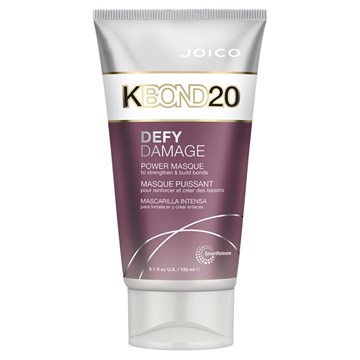
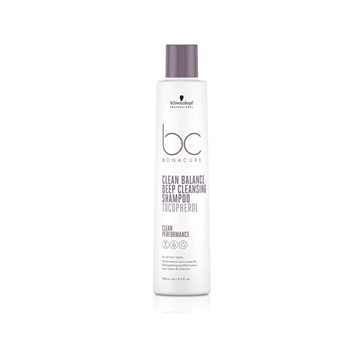
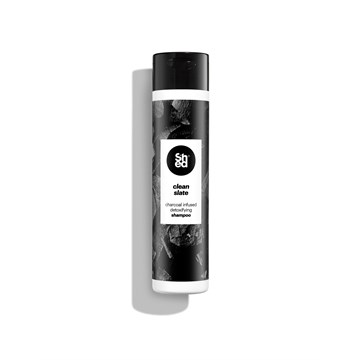
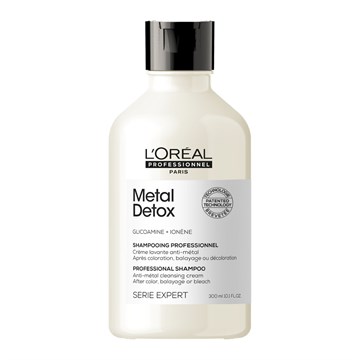
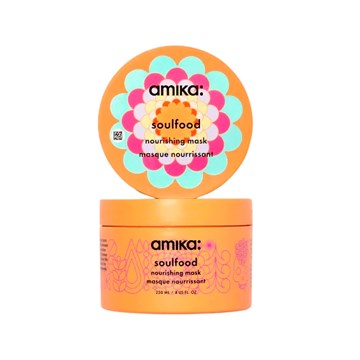
Comments
There are currently no comments, be the first to comment.